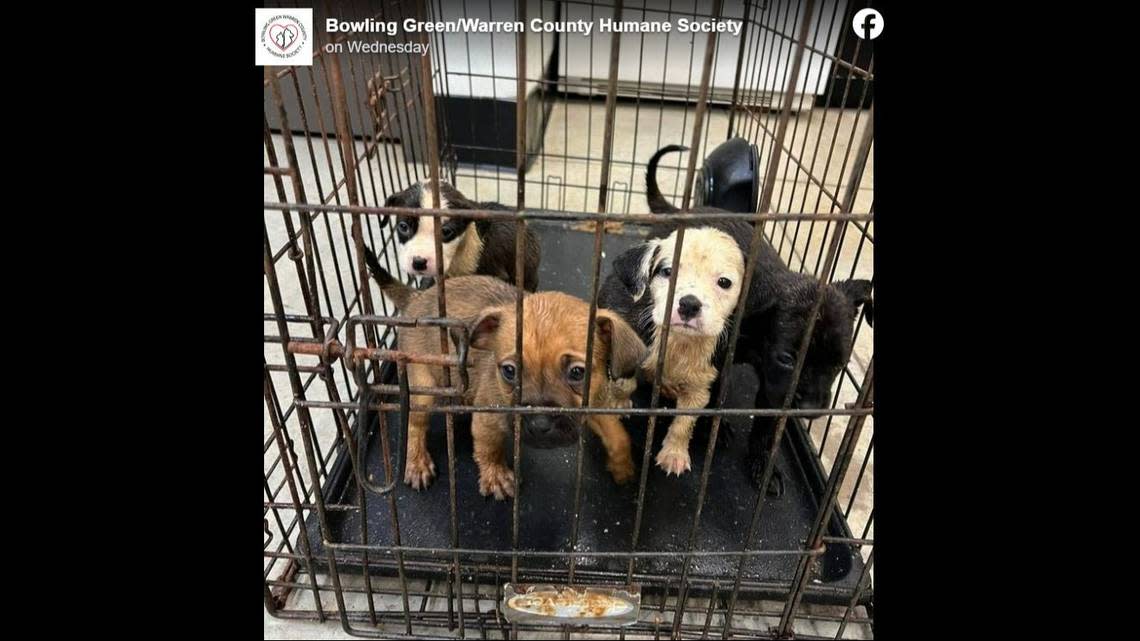Lexington bans sales of puppies and kittens from pet stores. Here are the new rules

Starting Nov. 1, pet stores will no longer be able to sell cats and dogs in Fayette County.
The Lexington-Fayette Urban County Council voted 12-1 Thursday to approve a ban on the sale of kittens and puppies at pet stores despite push back from two Lexington pet stores that sell pets.
Lexington is the fourth city in Kentucky to enact a ban. Other cities with similar bans include Louisville, Elizabethtown and Radcliff.
Those Kentucky cities are among 492 cities nationwide that have ordinances halting the retail sale of cats and dogs.
The Humane Society of the United States has pushed the commercial sales ban, saying it will stop puppy and cat mills who often sell directly to pet stores.
The Lexington ordinance would not affect the sale of other types of pets including reptiles, fish and birds, according to the ordinance. It also would not prohibit dog and cat breeders from selling directly to customers.
People would still be able to adopt from rescue organizations such as the Lexington Humane Society.
If passed, stores in violation of the ordinance would face a $500 fine. Lexington Animal Control would enforce the ordinance. Animal Control already inspects pet stores if there is a complaint.
The ban also prohibits the sales of cats and dogs in public spaces. That provision is to stop people from selling pets at flea markets.
Petland, Most Valuable Pets say they will have to close
Officials and lawyers with Petland, a national chain, have repeatedly urged the council to back off the ordinance. Petland has claimed the bulk of its business is selling cats and dogs. It can’t compete with other big-box retailers who also sell pet supplies, they have previously argued.
Most Valuable Pets, or MVP Pets, is locally owned and in Beaumont Centre. Officials with MVP have also previously said they may have to close if they are not allowed to sell cats and dogs.
Other Lexington pet stores have adoption options with local rescue organizations.
Both pet stores argued they only work with reputable breeders and screen to ensure the pets they buy are not harmed or raised in deplorable conditions.
Officials with the Humane Society of the United States said pet stores that sell cats and dogs don’t have to close. They can adopt a new business models.
Pure-bred dogs and cats can be very pricey, running sometimes in the thousands of dollars.
Councilman Fred Brown was the only member of council to vote against the ban. Councilman Preston Worley abstained citing a conflict with his law firm,

